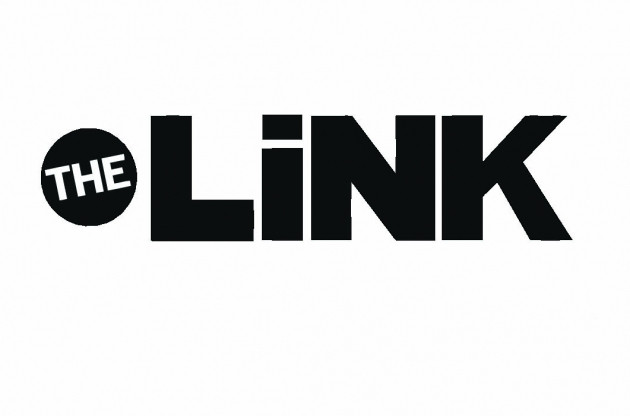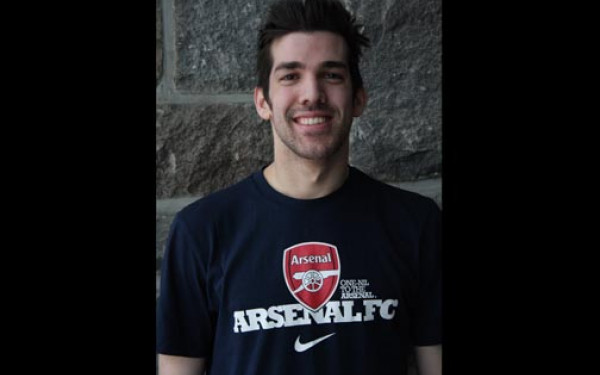ASFA Tries for Middle Ground
Election Protocols Updated
The Arts and Science Federation of Associations amended its election protocol at a meeting on Jan. 12 to try and find a middle ground between the last two years’ elections.
Newly appointed Chief Electoral Officer Christopher Webster is determined to make sure “it’s a fair election, that everyone feels safe, that it’s clean, etc.,” said Webster.
“There will definitely be an emphasis in making sure that the candidates act in a respectful manner throughout the election, the campaigning, the polling and the nominations.”
Two years ago, the electoral slate system was abolished for the ASFA after incidents of bullying occurred during electoral campaigns.
“There was a very high candidate turnout [in the election two years ago], […] and I think it had something to do with the political climate at that time, there were instances of bullying,” said Alex Gordon, current ASFA President.
Last year’s election had the opposite problem. The slate system was abolished, meaning candidates were no longer allowed to affiliate with each other or run in teams. They also weren’t allowed to openly talk about their campaigns or disclose what positions they were running for before the campaign period began.
“What happened last year is that there were open positions, but just the fact that no one was allowed to talk about who was running, and who was actually in the election until it was too late was a bit of a drag,” said Gordon. “I don’t really see that being a big issue this year.”
If it isn’t, it might be in part due to the recent change to the election rules, which aims to improve on last year’s perceived failures.
Candidates will still run on an individual basis, but now they may choose to affiliate with other candidates. The only thing they can’t do is share a common team name, slogan, campaign media or logo.
If there are still positions to fill at the end of the nomination period, extra time will be allotted to find candidates.
“My goal is to avoid that situation. Obviously, I can’t force students to apply, but it’s my goal to communicate with the student body to make sure they are aware [if that situation should arise],” said Webster.
The nomination period is from Jan. 26 to Feb. 5. The campaign period runs from Feb. 6 to Feb. 14, with the elections taking place Feb. 15 to Feb. 17.
This article originally appeared in Volume 31, Issue 17, published January 4, 2011.




__600_375_90_s_c1.jpg)
